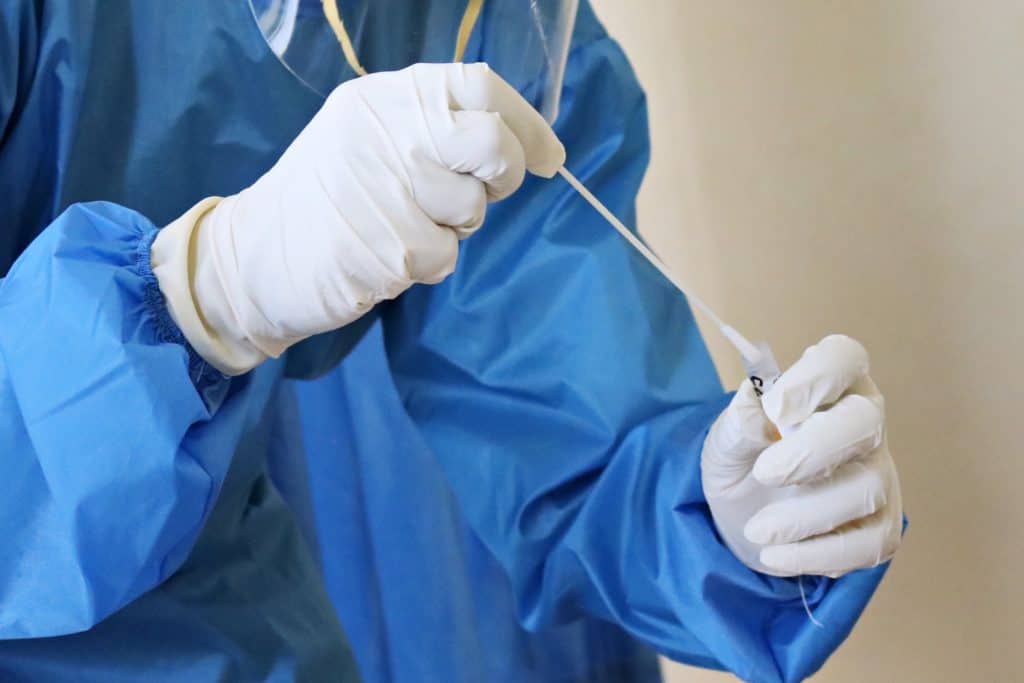The role that citizens and corporate entities played in the fight against the COVID19 in Mumbai was significant. “Our healthcare system is broken, there is no primary healthcare system available. The system is overwhelmed. We had a huge problem during the initial days of the second wave when hospitals refused patients with high oxygen needs. Our helpline handled more than 1000 calls in the three weeks of its operation,” said Ruben Mascarenhas, National Joint Secretary of Aam Aadmi Party, which managed to arrange beds and medications for desperate patients in Mumbai through its helplines before the BMC had got its act together during the second wave. “Citizen initiatives helped the city cover the gaps. It’s only because of entrepreneurial solution-oriented citizens that the city somehow managed to cross the finishing line,” he said.
Nitai Mehta, managing trustee of Praja Foundation said that the ‘Mumbai model’ – which brought down the positivity rate significantly within weeks – wouldn’t have been possible without the role played by its citizens and the private healthcare sector. “Mumbai has a good network of private initiatives like various charitable clinics, that work in tandem with the BMC to energize the existing system and help to get their act together. Also, factors like citizens by and large being co-operative and following the rules, helps,” he said.
Read more: The spirit of Mumbai – surviving against all odds
When the cases of COVID19 first started showing up in Mumbai in 2020, the then municipal commissioner Praveen Pardeshi sought help from the corporate sector and they responded well. Reliance Foundation supported the treatment of patients in Sir H N Reliance Hospital at the NESCO Jumbo center and provided for 700 MT of Oxygen supply to Maharashtra daily free of cost through its Jamnagar facility.
Corporate entities lent their planes on a daily basis to ferry Personal Protective Equipment (PPE) from places like Tirupur in Tamil Nadu to the BMC, saving much critical time.
Imported machinery was picked up from countries like South Korea quickly bypassing the multiple time-consuming permissions because the Corporate organisations stepped in.

The second wave
The BMC now floated an Expression of Interest to the city’s 35 private major hospitals to take charge of the four new Jumbo Center’s being set up to augment for the third wave, as additional attachments to their hospital.
BMC Commissioner Iqbal Singh Chahal says that private hospitals surrendered 80% of their beds to the BMC to treat COVID19 patients. They offered standardised rates of Rs 4000 per day for COVID19 beds, Rs 7500 for ICU beds and Rs 9000 per day for ventilator beds.
The Covid pandemic saw massive support from citizens who reached out to people in different ways. “Mumbai is an entrepreneurial solution-oriented city. It is because of its citizens that the city somehow manages to cross the finishing line everytime,” said Mascarenhas.
Actor Sonu Sood and director Farah Khan helped many with travel arrangements to reach their hometowns. Columnist-author Twinkle Khanna too aided people by importing oxygen concentrators for the needy.
Others like the Khana Chahiye movement helped people with ration support to tide over the loss of employment.
Legislators like Zeeshan Siddiqui of the Congress offered medical assistance helplines apart from responding on twitter.
Some NGOs like Project Mumbai provided Oxygen concentrators free of cost for those below poverty line apart from providing high speed nasal machines, PPE kits, wheelchairs and oxygen cylinders to public hospitals.
Others like banker Iqbal Mamdani and his team operated free ambulance services and conducted free cremations of more than 1200 people.